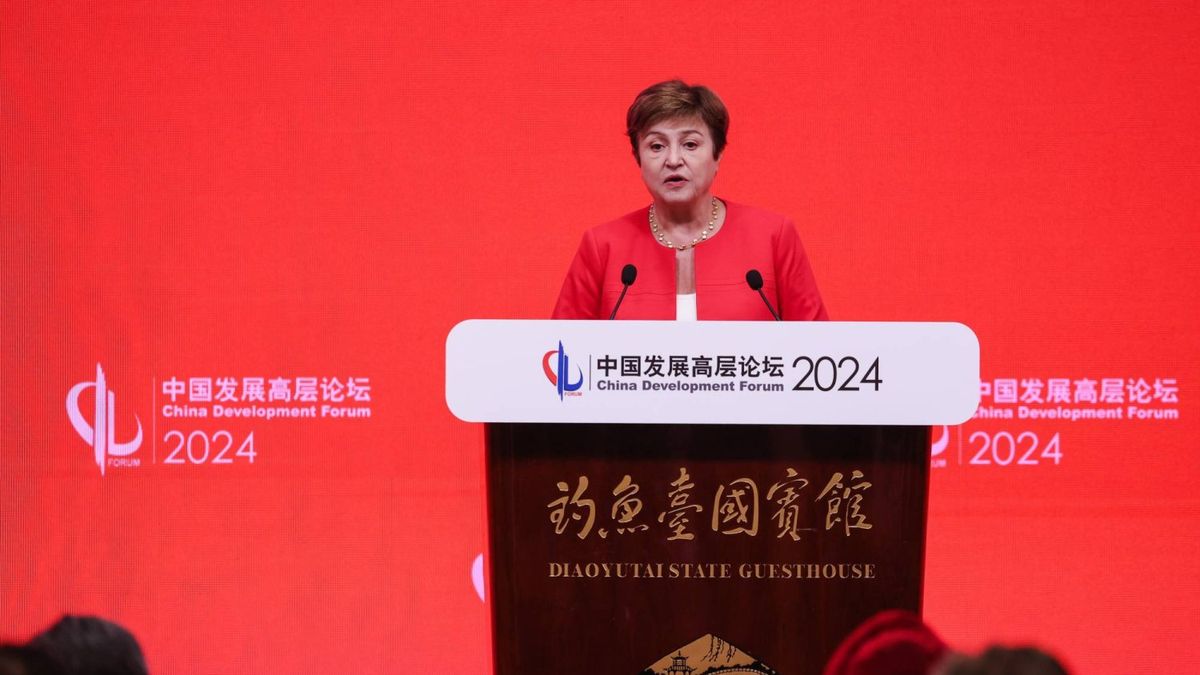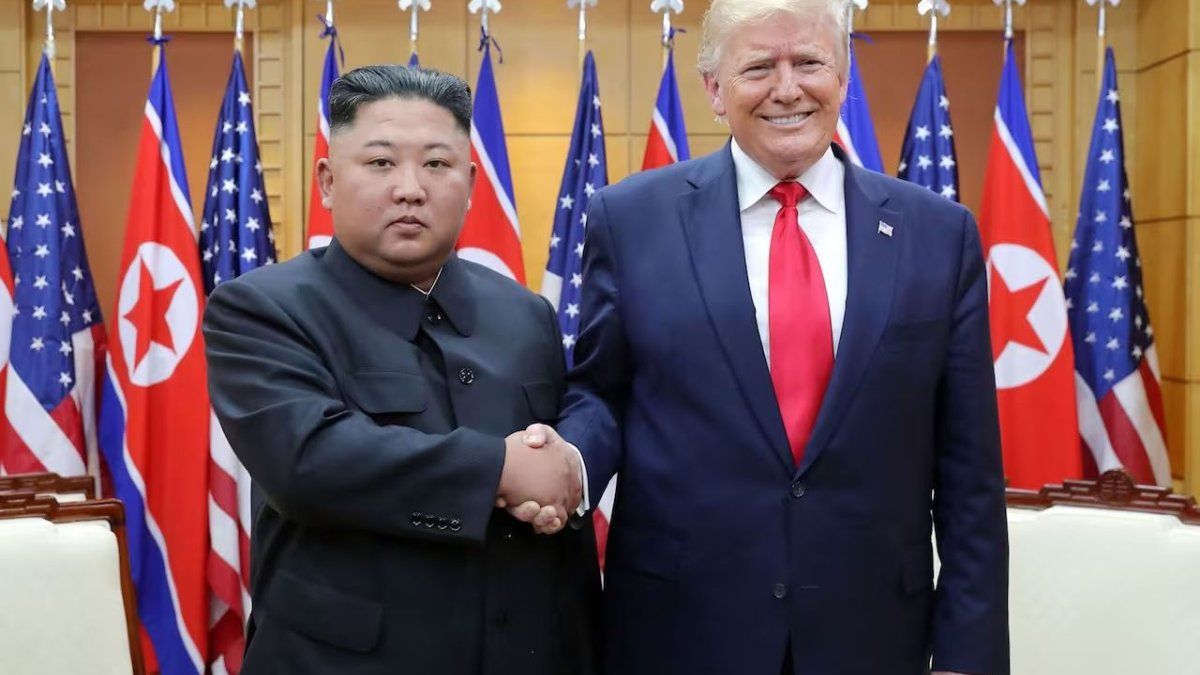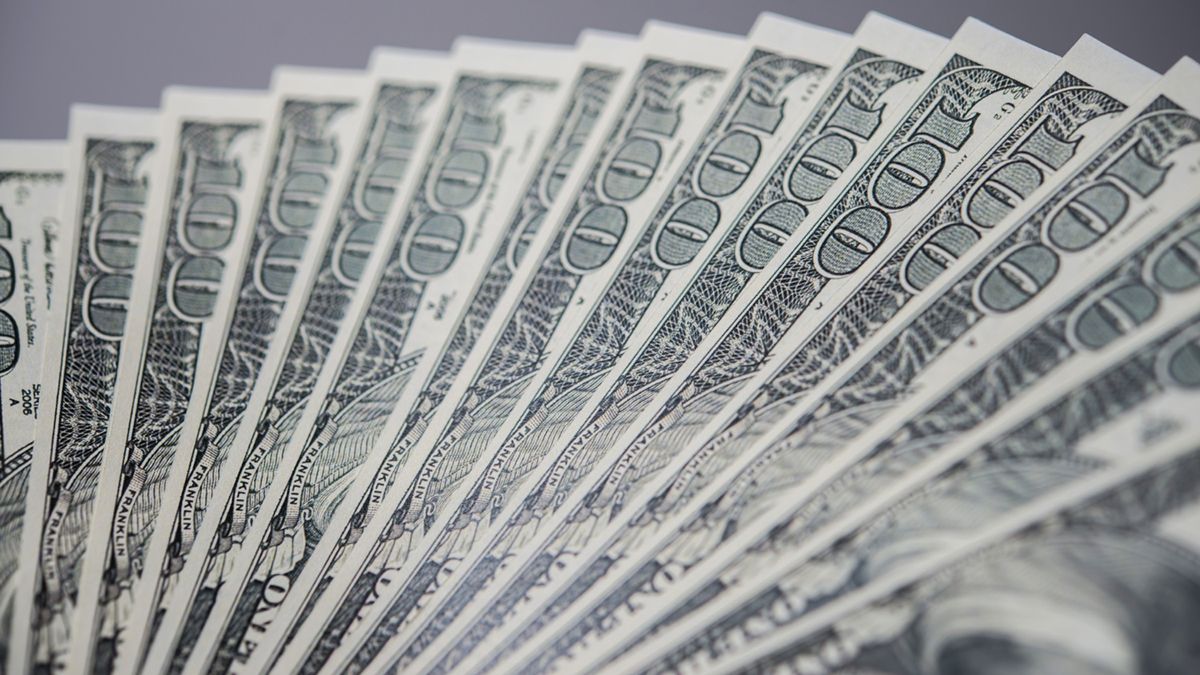The managing director of International Monetary Fund (IMF), Kristalina GeorgievaI affirm that China needs to “reinvent” itself with economic policies to accelerate the resolution of its real estate market crisis and boost the internal consumption and productivity.
“China faces a crossroads: rely on policies that have worked in the past or reinvent itself for a new era of high-quality growth,” he said this Sunday before senior Chinese officials and executives from global companies who participated in the inauguration of the China Development Forum.
An analysis of the IMF showed that a more consumer-focused policy mix could add, over the next 15 years, $3.5 trillion to the Chinese economy, which expects to grow 5% this year.
To make it, China would have to take “decisive” steps to finish unfinished homes by bankrupt developers and reduce local government debt risks, the agency’s head said. “A key feature of high-quality growth will have to be greater reliance on domestic consumption,” Georgieva said. “Doing so depends on promoting the purchasing power of individuals and families,” he added.
The flows of foreign investment in China fell almost 20% in the first two months of the year, according to data published on Friday, and the authorities have intensified their efforts to attract investors at a time when many companies seek to “de-risk” their chains of supply and operations outside the Asian giant.
In January, China served four consecutive months of deflationthus delaying the recovery of consumption, key to maintaining a good level of imports to supply the domestic market. In February, motivated by the boost of holidays, inflation rose 0.7%, but experts estimate that the phenomenon was purely seasonal.
Deflation poses long-term risks to the economy because it leads consumers to delay purchases in anticipation of a further price drop. This weakens demand and forces companies to cut production, freeze hiring or even lay off workers.
Net raw material exporting countries, such as Uruguaytheir placements in China if the demand for their companies decreases. On the contrary, with policies that stimulate domestic consumption, the situation is reversed.
In the last year, with a delayed economic recovery in power, exports to China were 2,533 million dollars (22% of the total). In 2022 (record year for Uruguayan placements abroad) they were 3,675 million dollars (28% of the total).
Source: Ambito




